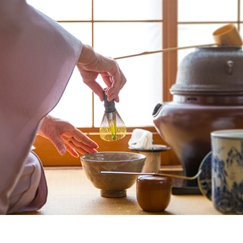Tea has been a global symbol of culture and connection for centuries. From ceremonies to social gatherings, each tradition reflects the unique character of its people.
Japan: the art of Chanoyu
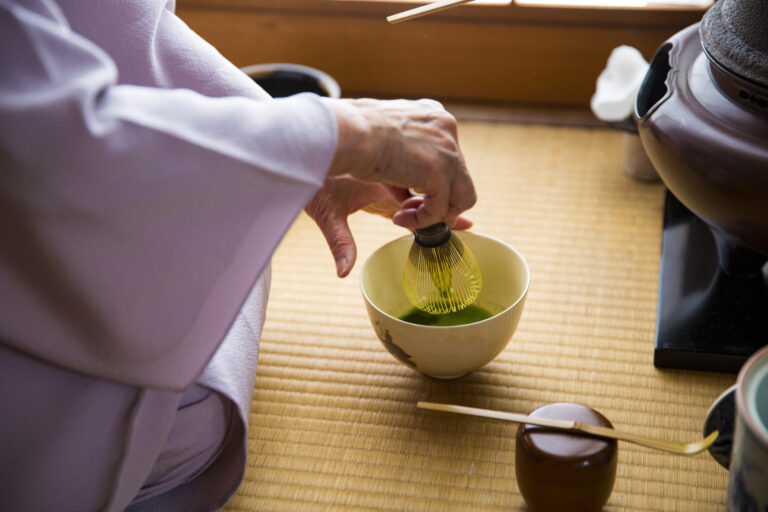
In Japan, tea becomes a meditative practice through the Chanoyu ceremony. Matcha, a finely powdered green tea, is whisked to perfection as every movement emphasizes harmony, respect and tranquility. This ritual transforms tea into an art of mindfulness.
England: the elegance of afternoon tea
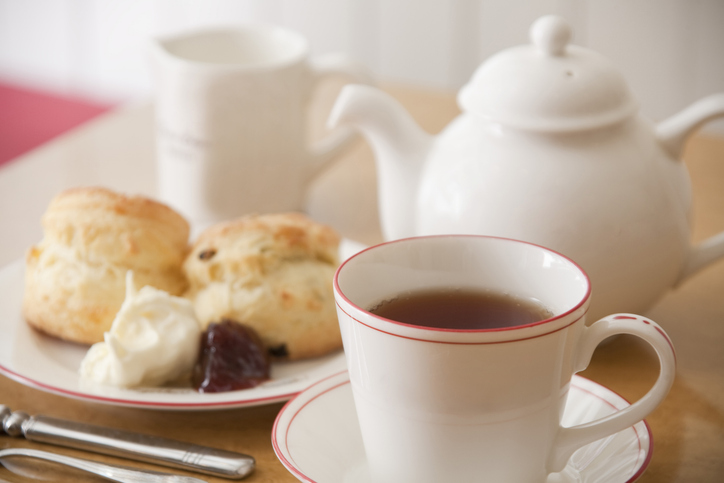
English high tea brings sophistication to the table. Served with black tea in fine china alongside scones, pastries, and sandwiches, this 19th-century tradition is a cherished moment of social connection and indulgence.
Morocco: The warmth of mint tea
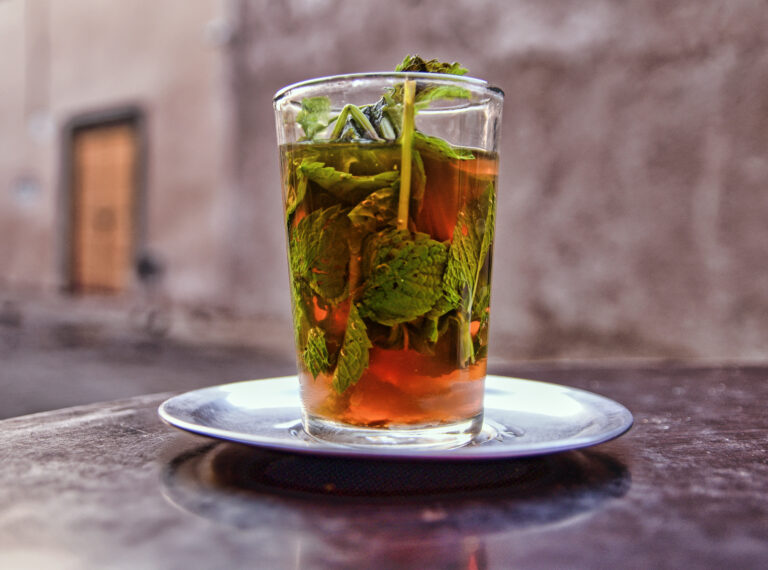
Moroccan mint tea, or “Atay,” symbolizes hospitality. A blend of green tea, fresh mint and sugar, it is poured from a height into ornate glasses to enhance flavor and aroma. Every shared cup creates a bond.
China: the precision of Gongfu Cha
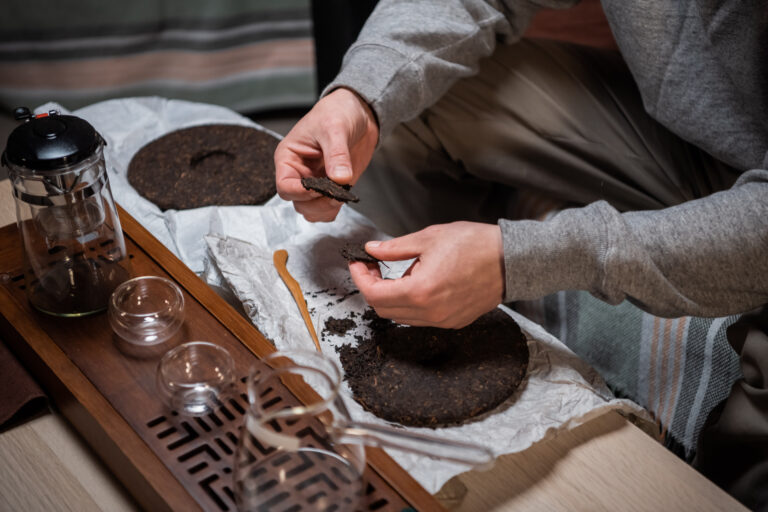
Gongfu Cha, meaning “tea with skill,” is the artistry of brewing loose-leaf teas like oolong or pu-erh. Multiple steepings reveal layers of flavor, encouraging a mindful appreciation of tea’s complexity.
India: the spice of masala chai
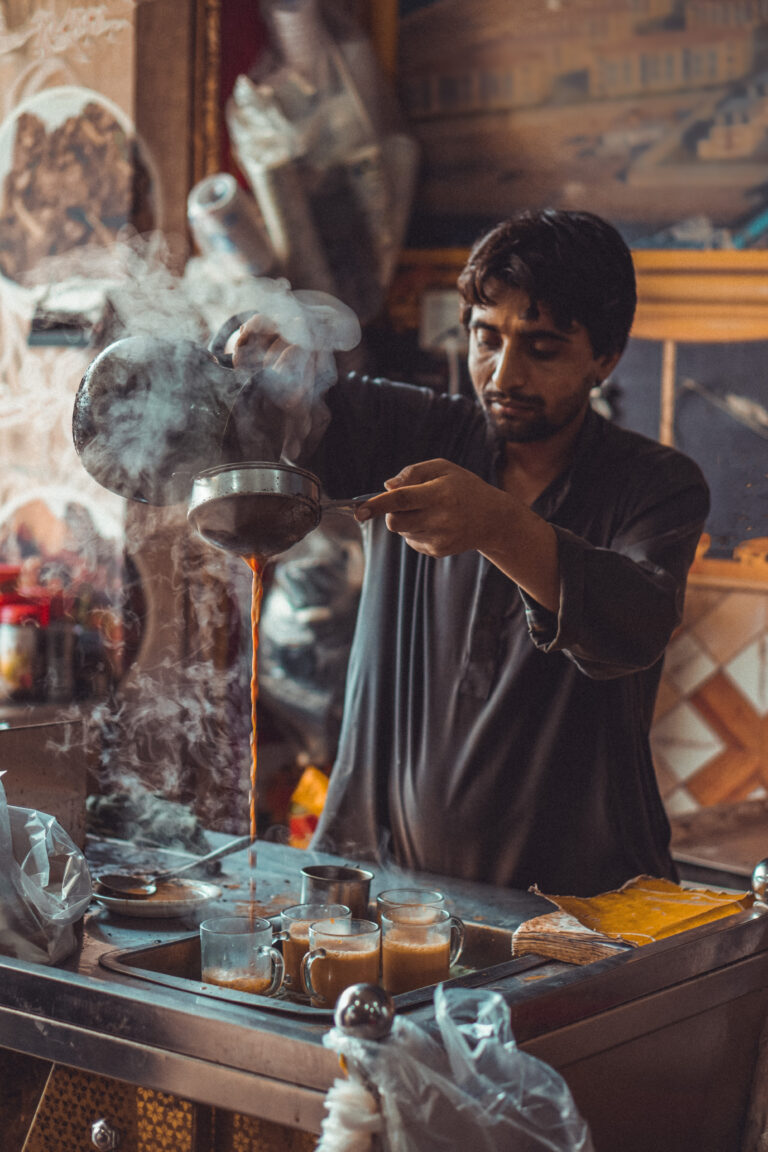
India’s masala chai blends black tea, milk, sugar and warming spices like cardamom and ginger. Brewed on street corners or at home, it’s a daily ritual offering comfort and energy.
Turkey: the togetherness of Çay
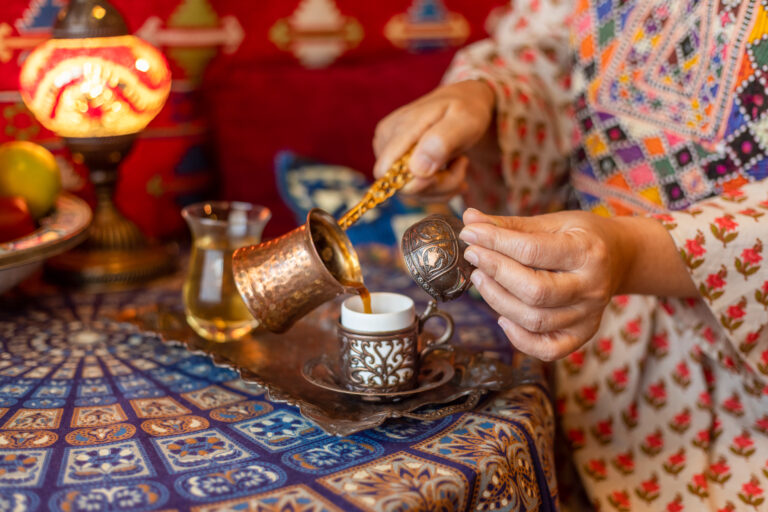
Turkish tea, served in tulip-shaped glasses, is steeped strong and sweetened with sugar. Enjoyed over conversations, it symbolizes warmth, hospitality and community.
A universal connection
Tea rituals around the world celebrate culture and togetherness, uniting people in harmony and tradition.
Next Story

